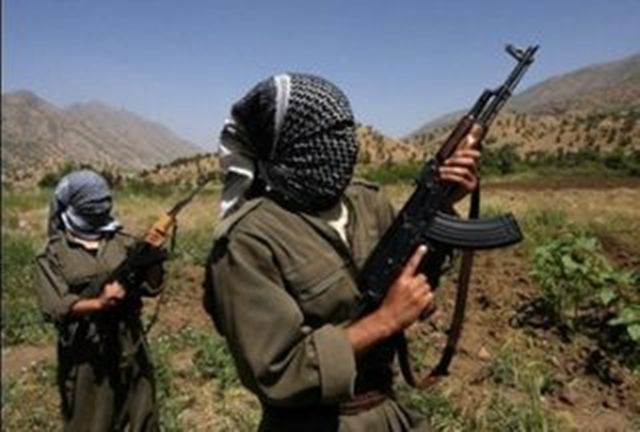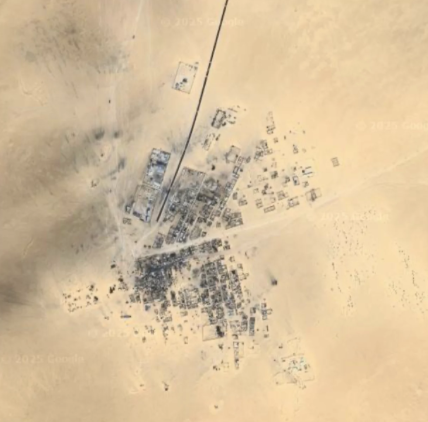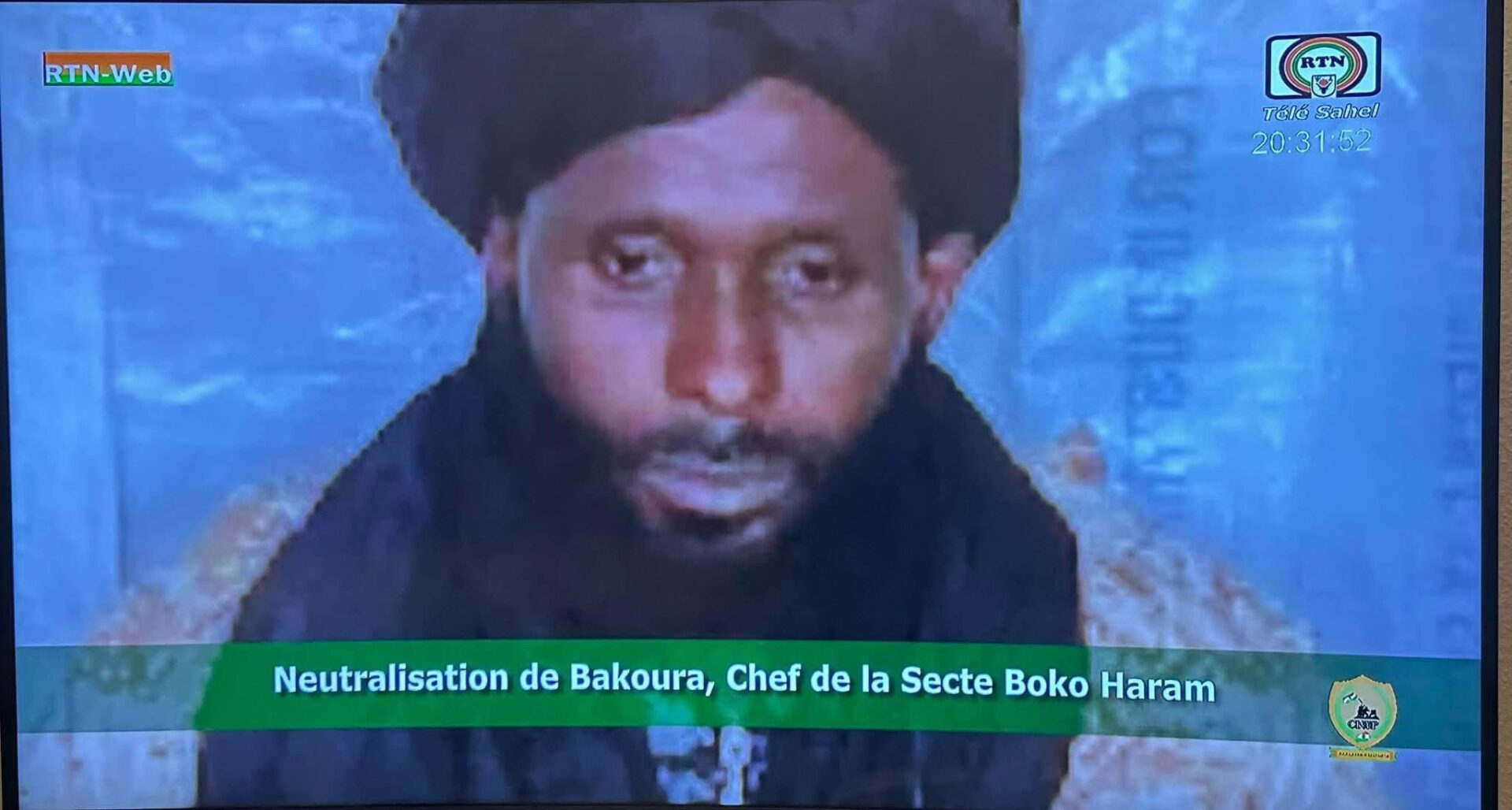
PKK Intensifies Violence to Bring Turkey into Confrontation with the European Union
PKK Intensifies Violence to Bring Turkey into Confrontation with the European Union
Since the Turkish Justice and Development Party (Adalet ve Kalkinma Partisi – AKP) determined to address the Kurdish question through what is called the “democratic initiative,” there has been hope that political violence would finally come to an end after 25 years. Despite its shortcomings, the democratic initiative created a positive environment and many Kurdish intellectuals openly supported the process. Prime Minister Recep Tayyip Erdogan and Minister of the Interior Besir Atalay have held many meetings with intellectuals, opinion leaders, and leaders of non-governmental organizations. Pro-Kurdish non-governmental organizations have also held conferences to discuss possible ways to end the violence (https://www.demokratikacilimayurttaskatkisi.org, May 10).
Yet the outlawed Kurdistan Workers Party (Partiya Karkeren Kurdistan – PKK) has recently stepped up its attacks once again. The intensified PKK violence prompted the army to carry out at least two air raids and a small-scale ground incursion on rebel bases in northern Iraq. In the last two months the PKK has killed more than 60 soldiers. According to the Turkish military, 130 PKK militants lost their lives in that same time period (Anadolu Ajansi, June 18, 2010).
The call to intensify the war this summer was given back in January. Cemil Bayik, deputy head of the PKK and deputy chairman of the Kurdistan Democratic Confederation (Koma Civaken Kurdistan – KCK, a Kurdish militant umbrella organization), laid out the PKK’s strategy as following: “There is no reason to maintain the ceasefire [declared in March 2009]. The Justice and Development Party government is the last resort in the hand of the Turkish state. If we remove the AKP from power the state has to sit down with the PKK and negotiate with the PKK” (gundem-online.net, January 6). The PKK’s imprisoned leader, Abdullah Ocalan, also thinks that the AKP’s Kurdish initiative aims to eliminate the PKK and its affiliates (gundem-online.net, May 28). In one of his weekly meetings with his lawyers, Ocalan stated that he would withdraw from being a peacemaker between the Kurds and Turkish state on May 31. From that time on it has been up to the PKK leaders in the field to decide whether or not to intensify the war (Firat News Agency, May 27).
The real reason behind the PKK’s recent attacks is related to the police crackdown on the PKK’s support bases in the city centers. Since April 2009, police have regularly launched operations against the KCK network. In those operations, hundreds of alleged PKK supporters were arrested, including elected mayors and heads of the local chapters of the pro-PKK Peace and Democratic Party (Baris ve Demokrasi Partisi – BDP). The arrests were not welcomed by the local people. KCK operations temporarily limited the PKK’s activities in the city centers until a new KCK appointee could take over. The PKK’s self-perceived role as the guardian of Kurdish political institutions and municipalities against the operations of Turkish security forces created pressure on the group to take revenge.
According to Cemil Bayik, the AKP-ordered operations closed all doors and removed all opportunities for Kurdish political participation (rojaciwan.com, June 24). In a written statement, the KCK claims “Our leader, Abdullah Ocalan, is not responsible for the removal of the unilateral ceasefire. The AKP government, which is responsible for the intensification of war and loss of lives, is obscuring the reality through demagogy… Holding our leader responsible for this process is a conscious distortion. This attempt is the indication of a new process of oppression and pressure on Ocalan” (Firat News Agency, June 25).
The PKK hopes to introduce a new political model in the Kurdish region, described as “democratic autonomy.” Abdullah Ocalan created the model based on the example of Northern Cyprus, where Turkic Cypriots have their own government, parliament, president, and other institutions (gundem-online.net, May 24). Cemil Bayik described it as “a model that aims to mobilize the Kurdish people to make their own decisions and have their own governing institutions. It is a model that aims to organize Kurdish people in the political, social, cultural, economic, and security areas and solve their own problems through their free will.” Bayik thinks that this model will lessen the influence of the Turkish state on the Kurds (ANF News Agency, January 24).
At the same time as Bayik’s endorsement of “democratic autonomy,” BDP mayors organized a meeting in Diyarbakir to declare that they will launch a political campaign in support of democratic autonomy. According to the statement, the mayors referred to the European Charter Of Local Self-Government (ECLSG), which Turkey signed in 1988 and with certain conditions adopted in its law in 1991 (Taraf, June 24). Indeed, the protocol allows local municipalities to function as semiautonomous governments, but because of the conditions placed on it by the Turkish government they are not able to exercise as much freedom as they wish. [1]
Bayik claims that the PKK is fighting this time to protect “democratic autonomy” from Turkish state suppression (gundem-online.net, January 24). It seems that the PKK is developing a strategy to bring Turkey into confrontation with the EU. Pro-PKK institutions and politicians hope that the ECLSG protocol provides them enough room to establish some level of autonomy in which they can escape from the central government’s Turkish nationalist policies. Yet, they first need to highlight the conditions that Ankara put in place when it adapted the agreement for its domestic law and bring Turkey into confrontation with the EU to seek removal of these conditions. The PKK calculates that Turkey will not want to remove the conditions. Therefore, it justifies its violence and presents Turkey as a violator of international agreements.
Despite the PKK’s new strategy, the leaders of Turkey imply that intensified PKK attacks are somehow related to Israel. Prime Minister Erdogan, for instance, sparked domestic controversy when he argued that the PKK is a “subcontractor” of foreign powers. In response, the opposition Republican Peoples Party (Cumhuriyet Halk Partisi – CHP) asked Erdogan to reveal the power behind the PKK (Dogan Haber Ajansi, June 21). What is interesting about the theory of Israeli involvement in the PKK’s recent attacks is that even military generals believe that Israel is supporting the PKK. Three renowned journalists in Ankara confirmed that Deputy Chief of the General Staff General Aslan Guner, an Ankara veteran known for his expertise in the intelligence world, had invited journalists to his office directly following a December 2009 PKK attack in Resadiye (Tokat province) to inform them of a link between Israel and the attacks (Today’s Zaman, June 8). A TSK spokesman later denied the journalists’ claims (Today’s Zaman, June 21).
Given the fact that conspiracy theories somtimes run rampant in Ankara, it is likely that even high ranking generals may buy into the conspiracy theories. However, a journalist revealed (under the condition of anonymity) that when he visited Minister of Interior Besir Atalay, the minister informed him that Chief of the General Staff Ilker Basbug also thinks that Israel was behind the PKK’s attack on Resadiye that killed seven soldiers. [2] There are similar concerns in Turkey over possible Israeli involvement in the May 31 PKK attack on Iskenderun Naval Base that killed seven servicemen (see Terrorism Monitor, June 12).
In response to allegations concerning PKK-Israeli ties, the KCK issued a statement citing Ankara’s purchase of Heron unmanned aerial vehicles (UAVs) from Israel, which went unaffected by the recent flotilla incident. The KCK says the UAVs will be used against them and that Erdogan and Turkish president Abdullah Gul “have openly made an agreement with Israel in order to annihilate our movement, which totally exposes the insincerity and hypocrisy in the face of our peoples and the whole Islamic world” (Firat News Agency, January 24).
It seems that in the last 25 years nothing has changed in Ankara. Instead of examining the causes of the problem and trying to understand what motivates the PKK to increase its use of violence, leaders in Ankara develop conspiracy theories and blame foreign states. In the 1990s it was Syria, European countries, Russia and even the United States who were to blame, but now, soured Turkish-Israeli relations provide a perfect reason to point the finger at Israel. The blame-games of Turkish leaders, civilian and military alike, are usually related to domestic politics and are used to find an easy escape from responsibilities. This time, however, the Turkish public is asking its leaders to do something to end the violence, which leaves the Erdogan government on shaky ground.
Notes
1. Hüsamettin Inac and Feyzullah Unal, “Avrupa Yerel Yonetimler Ozerklik Sarti Ve Türkiye’de Belediyeler,” https://sbe.dpu.edu.tr/17/1-24.pdf.
2. Authors’ interview, Istanbul, January 16, 2010.


